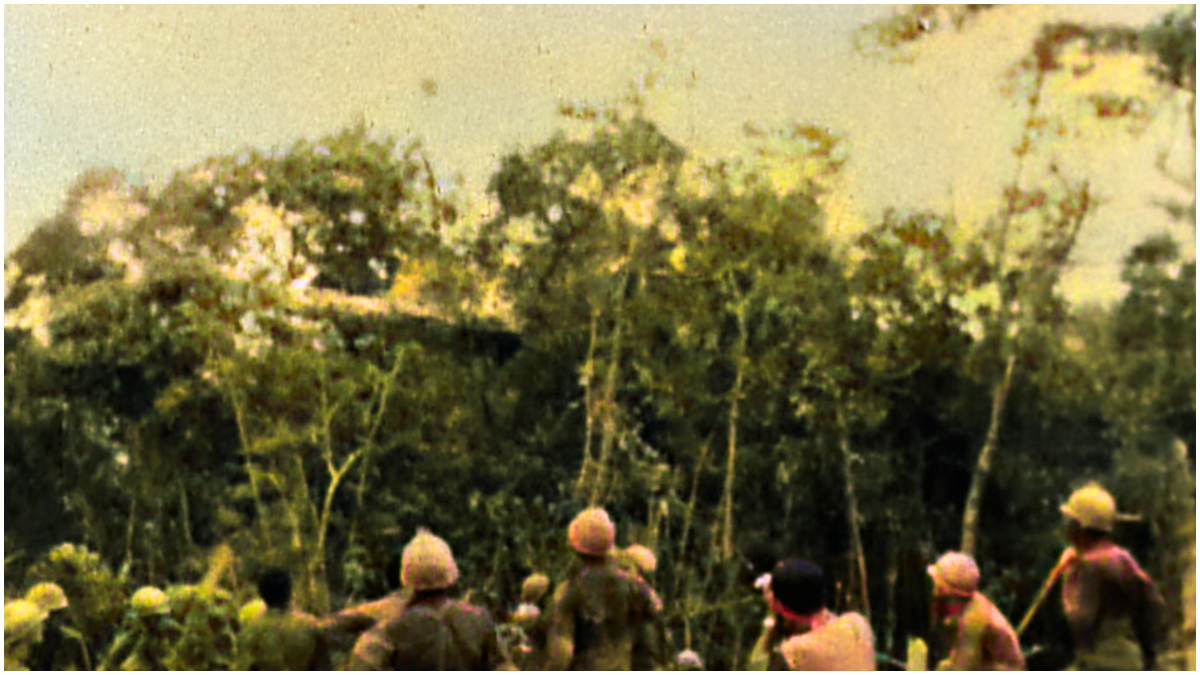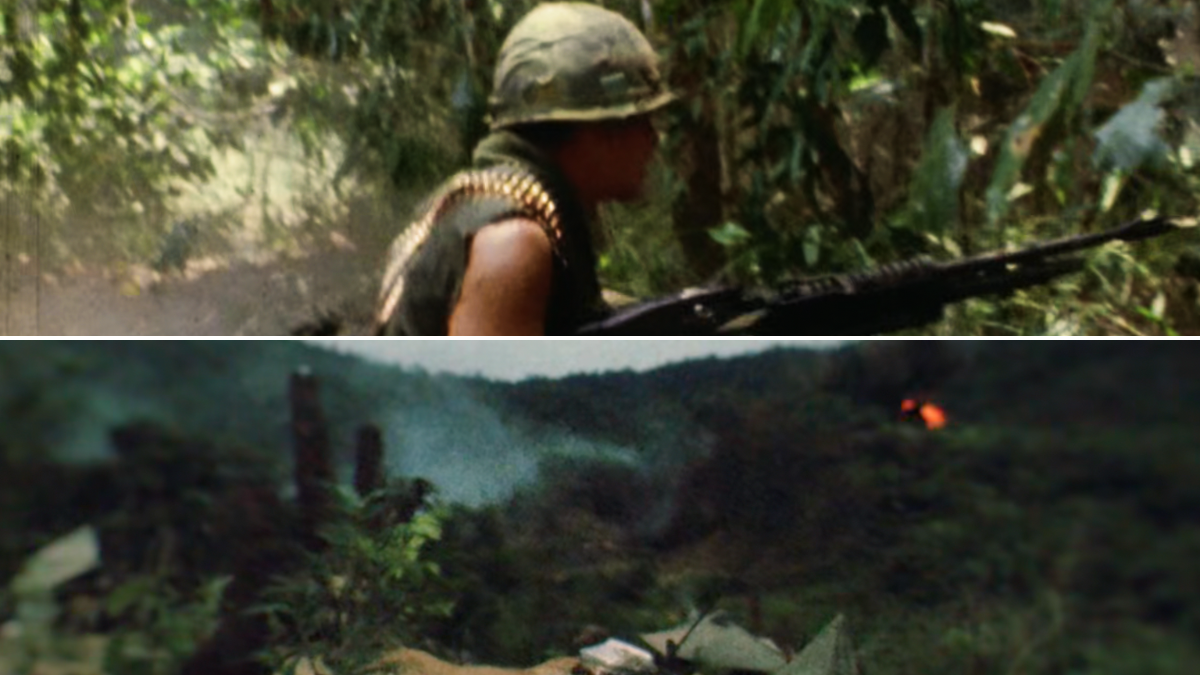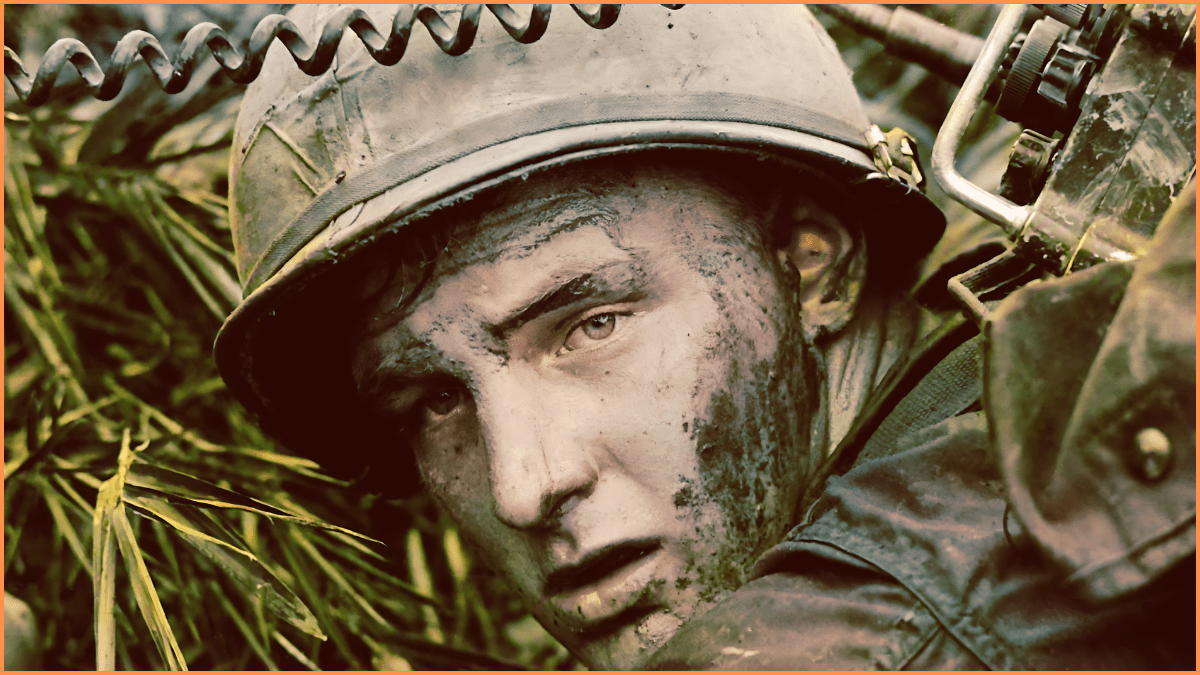There are multiple reasons why the war in Vietnam became, for many years, a moribund elephant in the room, stinking up the place. Yet those who could open the windows and do something about it decided it was better to commit to a mistake than to admit it before the nation, and, ultimately, the world.
Even as public opinion had mostly turned against the war, American military presence in Vietnam persisted for longer than it should have. “It seemed impossible to believe that the US military—the most powerful the world had ever seen—could be defeated, provided its government was fully committed.” (Peter Edwards, “The Vietnam War”, 2015) And yet, that is, in sum, what happened.
Many veterans were not only physically maimed by the war, but had trauma imprinted in their brains from the kind of limit-experiences that few will get to fully comprehend. To symbolize their discontent most poignantly, in 1971 plenty of veterans would be threw their medals and other military decorations over the fence in front of the US Capitol. One by one, the soldiers and protesters gave a speech before discarding what, in most other circumstances, is a high military honor.
Besides the questionability of the legitimacy of the US’s enduring stay and warfare in Vietnam, there were other reasons why this war – although all wars are to some extent – was particularly brutal on American soldiers and their morale.
An uphill battle for the US troops and a horror show for all sides

Nine years is what is deemed to be the official direct US involvement in the Vietnam War. During that time over two million Vietnamese people, from both the North and South, and nearly 60 thousand Americans perished. It is difficult to ascertain the Vietnamese civilian casualties, but these are estimated to be upwards of one million. It is also said that, having seized no major enemy territory, the US’s “only sign of victory was the high body count.” (Andrew Wiest, “The Vietnam War 1956-75”, 2022).
Fear is a great motivator for hatred, as some Vietnam veterans would say in retrospect, and fear is what most if not all US soldiers felt as they had to navigate an immensely dense jungle terrain that the Vietnamese knew how to take advantage of by employing guerrilla tactics. These tactics, employed by North Vietnam’s Viet Cong, included clever and destructive ambushes. While their equipment and firepower were inferior to the US’s, the understanding of how to best take advantage of their land’s tricky terrain gave, in many cases, the upper hand to the North Vietnamese forces.
The North’s army also had the possibility of blending into the civilian population, effectively making it difficult to distinguish friend from foe. “In villages across the nation VC functionaries worked rather openly to collect taxes and procure supplies and recruits from the people.” (Wiest 2022) Conversely, the Americans did not have many friends in the Vietnamese civilian population, and without their support, things were that much more complex.

Another issue, also stemming from the complicated terrain and lack of modern roadways which hindered mobilization, had to do with supplies and how to get them to the troops. While the North Vietnamese army had the Ho Chi Minh Trail and communist allies lending them supplies, the US military had no such easy route to get supplies across the vast distances, always risking some ambush and interception by enemy forces.
On top of all of this, and partly because of all these struggles, political constraints and national opposition to the war made the continued war efforts that much more difficult. There was the Cold War and the other communist powers the US wanted to tiptoe around so as not to make an already bad situation that much worse. The anti-war sentiment also did nothing to help the soldiers’ sentiments on the war, on the contrary, it prompted many to question their role and the validity of the whole violent ordeal.
In all, the US presence in Vietnam was made that much harder by an array of logistical and political challenges, and, as a consequence, the soldiers diminishing morale.

